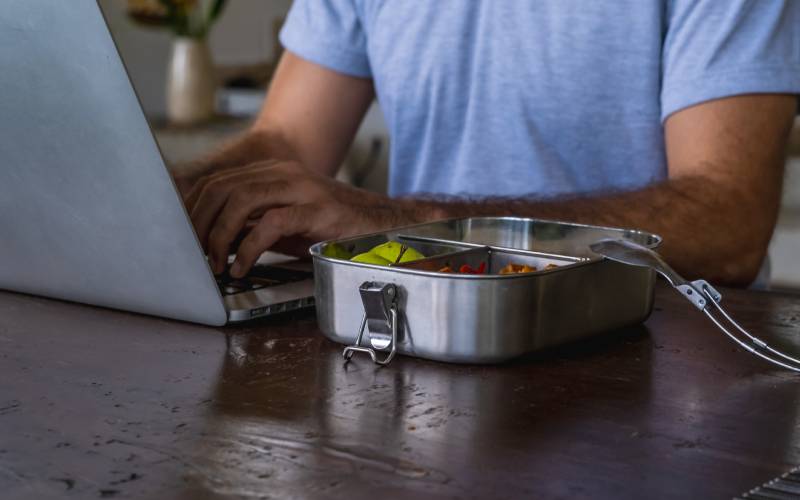×
The Standard e-Paper
Fearless, Trusted News

Why is it not logical for men to carry lunchboxes? [Courtesy]
A man reports to work carrying a laptop bag, but no lunchbox inside. Lunchtime will see him trooping to a restaurant or the office cafeteria. A woman, on the other hand, will carry hygiene products and spare shoes, but also snacks, fruit salad, a water bottle and home-cooked lunch.